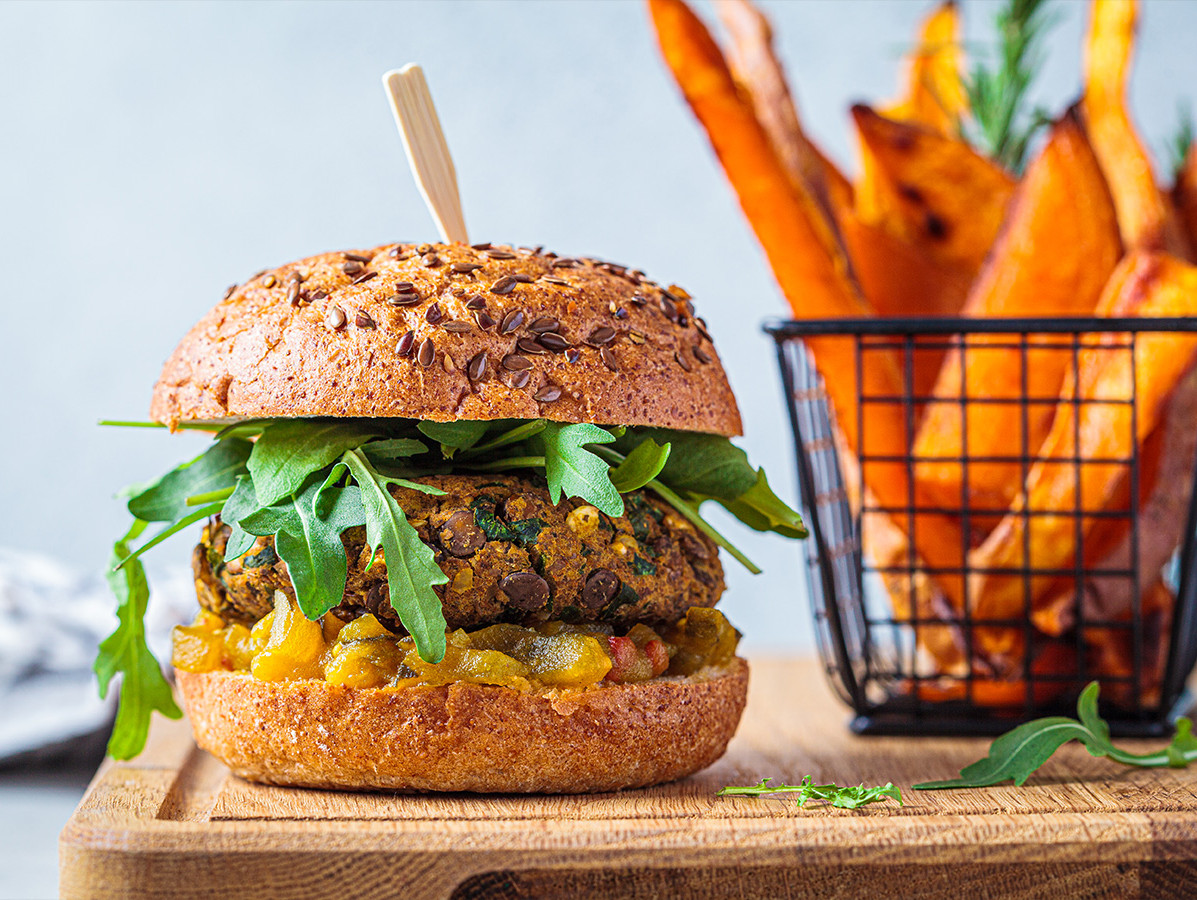
Throughout 2022, sales of meat substitutes in Dutch supermarkets fell by 5 per cent. A major cause of the sales decline is that consumers bought their food less often in supermarkets and went back to restaurants more often. This is also the main reason behind the sales decline of traditional meat. Supermarket volumes of meat fell by 9 per cent, which did increase the share of meat substitutes compared to meat, according to ABN AMRO.
Although the aftermath of the corona crisis is a major cause of the sales drop, there is more to it. For instance, consumers are more price-conscious due to high inflation, there have been fewer high-profile launches, the taste is disappointing according to some consumers, and there are questions about the health and sustainability of the production of this category.
Meat substitute producers are investing heavily in innovation. For instance, companies are scaling up and improving techniques to improve taste, texture, sustainability and health. Dutch company Those Vegan Cowboys is developing milk proteins with precision fermentation, Cosun is working on producing proteins from residual beet streams and several companies are experimenting with new ingredients, such as algae and insects. Companies are also developing hybrid products. In addition, what is significant for meat substitutes is that they have the social momentum in their favour. Producers, supermarkets, caterers and the government have expressed their commitment to actively contribute to the protein transition in the coming years.
Companies are currently working on a way to properly measure the ratio of plant proteins to animal proteins. After all, combined products such as ready meals contain both animal and plant proteins. Good measurements are decisive for the success of hybrid products, which, after all, consist partly of meat and partly of vegetable proteins. Supermarkets are also pushing for less meat and more vegetable through their assortment and communication. Partly because of their expression of support to make the protein transition a success, supermarkets will not easily reduce their shelf space for meat substitutes even in the face of declining sales, as they may do for other products.
The innovative power of food producers and the commitment of the government, supermarkets and caterers offer potential to increase sales volumes of meat substitutes in the coming years. One condition, however, is that producers are able to meet consumer expectations in terms of taste, health and price.
Source: ABN AMRO